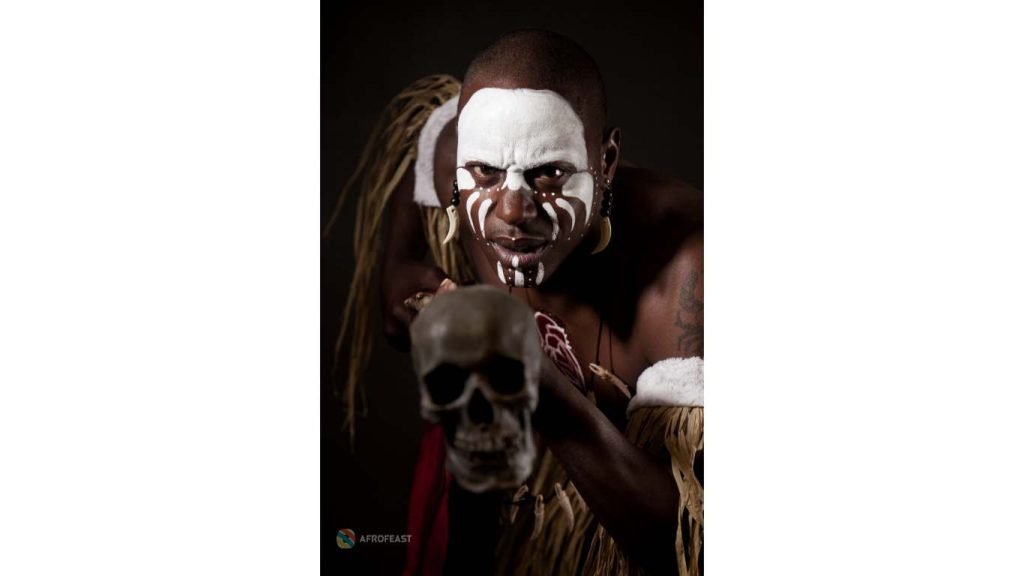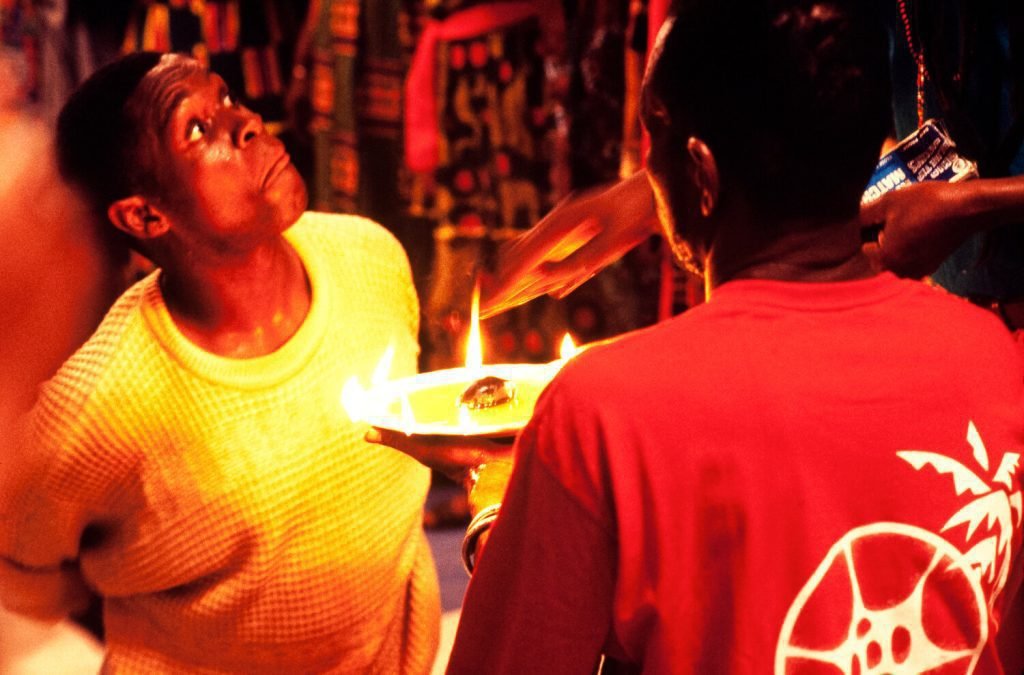Voodoo Festivals
Voodoo is a vibrant and deeply rooted spiritual and cultural tradition that originated in West Africa and evolved in the Caribbean, particularly in Haiti and Trinidad and Tobago. The Afro-Caribbean diaspora brought this mystical and enchanting practice to the islands, where it flourished and became an integral part of the cultural fabric. Voodoo festivals, celebrated with fervor and passion, offer a window into the profound spiritual connection between the people and their ancestors, nature, and the divine.
Historical Roots
Voodoo has its roots in the indigenous religious practices of the Fon and Ewe people in West Africa. Enslaved Africans brought this spiritual tradition to the Caribbean during the transatlantic slave trade, where it merged with elements of Catholicism and indigenous Caribbean beliefs. The resulting syncretic blend gave rise to a unique Afro-Caribbean spirituality that is vibrant and diverse.
Key Elements of Voodoo Festivals
Connection with Ancestors

Voodoo festivals are characterized by a strong connection with ancestors. Participants believe in the importance of honoring and communicating with their forebears, seeking guidance and protection. Rituals often involve offerings, prayers, and dances to invoke the presence of ancestral spirits.
Nature Worship
Afro-Caribbean spirituality, including Voodoo, often emphasizes a deep connection with nature. Voodoo festivals celebrate the forces of nature, with rituals conducted outdoors, incorporating elements like water, fire, and sacred herbs. The natural world is considered a manifestation of divine energy.
Spirit Possession
One of the most distinctive features of Voodoo festivals is the phenomenon of spirit possession. During these celebrations, participants may become vessels for spirits, allowing them to communicate with the divine. This ecstatic experience is central to the transformative and healing aspects of Voodoo ceremonies.
Music and Dance
Music and dance are integral components of Voodoo festivals. Drumming, chanting, and rhythmic movements are used to invoke spirits and create a heightened spiritual atmosphere. The energy generated through these artistic expressions contributes to the overall sense of unity and connection within the community.
Ritual Offerings
Ritual offerings, such as food, flowers, and symbolic objects, play a crucial role in Voodoo festivals. These offerings are seen as a means of reciprocating with the spirits, expressing gratitude, and seeking blessings. The act of sharing nourishment with the divine symbolizes the interconnectedness of the spiritual and material realms.
Celebrations Across the Caribbean
Voodoo festivals are celebrated throughout the Caribbean, with each region infusing its own unique cultural elements into the practice. In Haiti, the annual (Fète Gede) Gede Festival honors the spirits of the ancestors and the Loa of Fète Gede with vibrant processions, music, and offerings. November is entirely devoted to Fète Gede, with particular emphasis on the initial days of the month. This celebration encompasses several significant elements, including altar offerings, the creation of Veves (ground drawings designed to attract the Gede spirits), and offerings of food and drink. The festivities also feature sacred dances to polyrhythmic drumming, creating a spiritually charged atmosphere.
During Fète Gede, participants offer wooden bowls filled with plantains, fish, bread, avocados, and objects adorned with human skulls. These offerings are dedicated to deceased relatives or friends, symbolizing a connection between the living and the spirits of the departed. This ritualistic act of presenting symbolic and meaningful items underscores the reverence and homage paid to the Gede spirits during the commemoration.
Skulls and bones are removed from the crypts and turned into a makeshift shrine
In Trinidad and Tobago, the celebration of Shango, the god of thunder and lightning, is a dynamic and culturally rich event marked by elaborate ceremonies held in dedicated spaces. Participants, adorned in vibrant costumes, engage in energetic dances accompanied by spirited drumming and music. The festivities are not confined to a specific religious group, encouraging community involvement and fostering a sense of inclusivity. This multifaceted celebration serves as a spiritual homage to Shango while showcasing the rich cultural heritage of the Afro-Caribbean diaspora in the region.

Conclusion
Voodoo festivals stand as a testament to the resilience, creativity, and spirituality of Afro-Caribbean communities. These celebrations showcase the richness of a tradition that has endured centuries of challenges and continues to thrive as a source of cultural identity and spiritual connection. By embracing the diversity within Afro-Caribbean spirituality, Voodoo festivals serve as powerful expressions of unity, resilience, and reverence for the interconnectedness of all things.
A list of Voodoo Festivals In the Caribbean Regions
Gede Festival (Fête Gede):
- Location: Haiti
- Date: Usually celebrated in early November.
- Purpose: Honors the spirits of the dead, particularly the Gede spirits, who are considered guardians of the cemetery and intermediaries between the living and the ancestors. The festival involves rituals, music, dance, and offerings to honor and communicate with the spirits.
Vodou Ceremony at Saut-d’Eau:
- Location: Haiti
- Date: Associated with the Feast of Our Lady of Mount Carmel in July.
- Purpose: Combines elements of Voodoo and Catholicism, where pilgrims and practitioners gather at the sacred waterfall of Saut-d’Eau to cleanse themselves spiritually and seek healing. It is a vibrant celebration featuring music, dance, and rituals.
Fiesta de la Santísima Trinidad (Festival of the Holy Trinity):
- Location: Cuba
- Date: Celebrated in June.
- Purpose: Blends elements of African spirituality, Catholicism, and indigenous traditions. The festival includes ceremonies, processions, and dances that honor the Orishas (deities) and celebrate the syncretic nature of Afro-Caribbean religions.
Fête de la Saint-Jean-Baptiste (St. John’s Eve)
- Location: Haiti and other Caribbean islands.
- Date: June 23rd.
- Purpose: Combines Voodoo rituals with Christian traditions in celebration of St. John the Baptist. Bonfires, drumming, dancing, and ceremonies are held to honor the spirits and seek blessings for the upcoming year.
Unveiling the Enchanting Gods of the Afro-Caribbean: A Fascinating Exploration!











